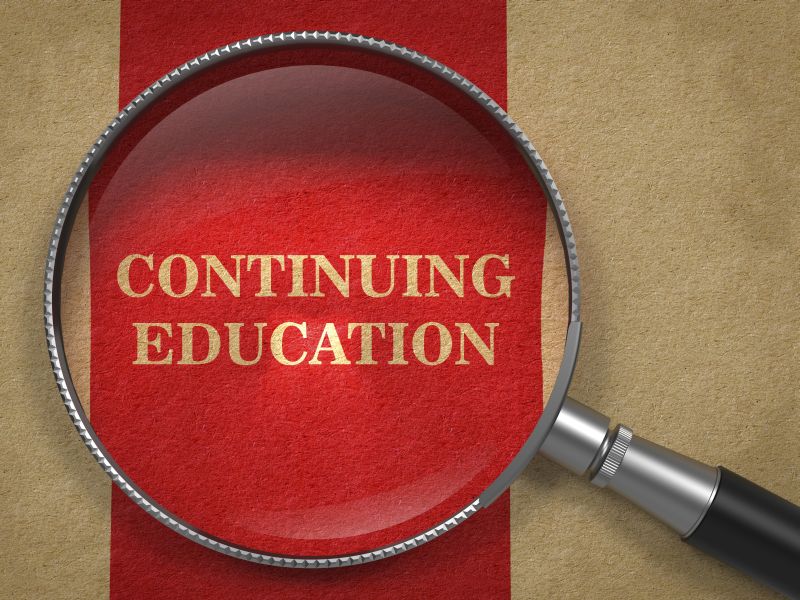Continuing education should be your first stop if you are considering a career change. Not only will continuing education help you gain knowledge about a new field, but you can also see if this direction is worth pursuing. Here is what you can get out of these programs:

A Trial Run: Taking a class in a field that interests you will help you figure out if you want to follow through with a career change.
Online Classes: More and more institutions are offering classes online, and those classes require the use of several different computer programs. Whether or not you wind up changing careers, increased computer literacy is a skill everyone should have.
There are many possible graduate certificate in project management field as well we can opt for a better career option.
A Flexible Schedule: Whether your class is online or not, continuing education often happens on nights or weekends, so you can hang on to your paycheck and your benefits. An online class might be even easier to handle since you won’t have to commute to school. The only catch is that to make the most of the career change opportunity, you must be disciplined enough to follow through.
Contacts: Many people who teach continuing ed courses are currently working and maintain connections in their chosen fields. Work hard to impress your instructors, ask them for career information and stay in touch. Let them know when you start sending out your resume, and they can give you guidance. If you get a job, you’ll make the instructor look good.
Inspiration: A terrific teacher and a challenging class can ignite your passion to make this career change. If you get along with your teacher and excel in the class, your teacher may be willing to become your mentor.
A Resume Boost: While not all employers are convinced of the value of continuing education, some are. Listing the course on your resume or mentioning it in a cover letter can also show that you are committed to your new career and are willing to work hard to achieve your goal.
Public and private communities have to work together. The government has to implement the strengthening of teachers that could be role models to the youth/students. School buildings have to be given priorities for improvement, as do quality workshops and even out-of-school programs must reach out to the poor and their parents.
Schools are hoping to produce graduates of the public school system who have the skills and values to contribute productively and honorably to society. In many schools the curriculum is simplified, going back to the basics of reading, writing, math, and values formation. In case you are experiencing any kind of writing issue, you can even get things done online. Also, the expansion of information technology in schools must be considered to equip students with the skills required to participate in the information society (new technology/computers).
Aside from the family, schools hold the formation of successful men and women. Insight, self-awareness, understanding others, and choice of vocations depend on good mentors.
Playwriting professor Tony Perez says, “The moment I step in a classroom, I hold responsibility for my students.”
Aida Perez writes, “The teacher can never tell where her influence stops.”
“In the same way knowledge is essentially beautiful. It can be shared and yet still remain with you,” said the late Senator Raul Roco ( an advocate for educating the poor).

